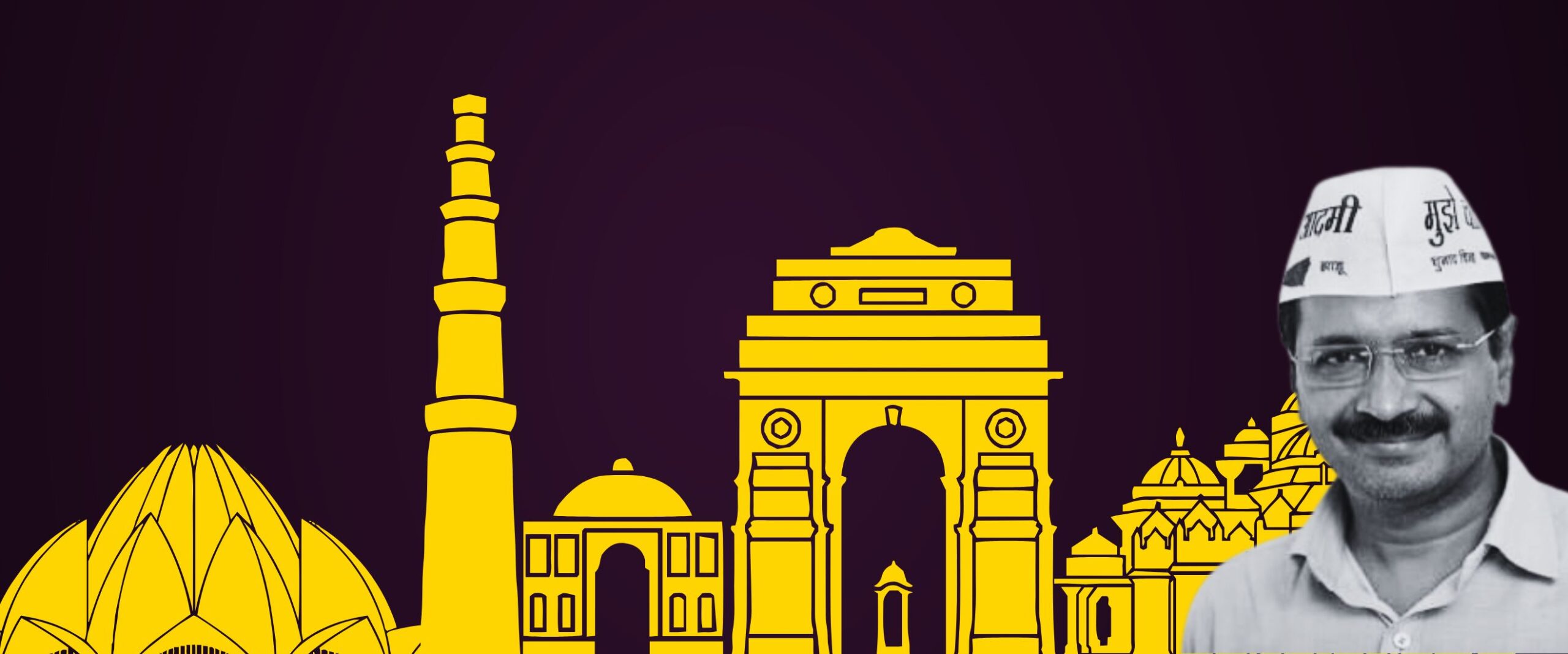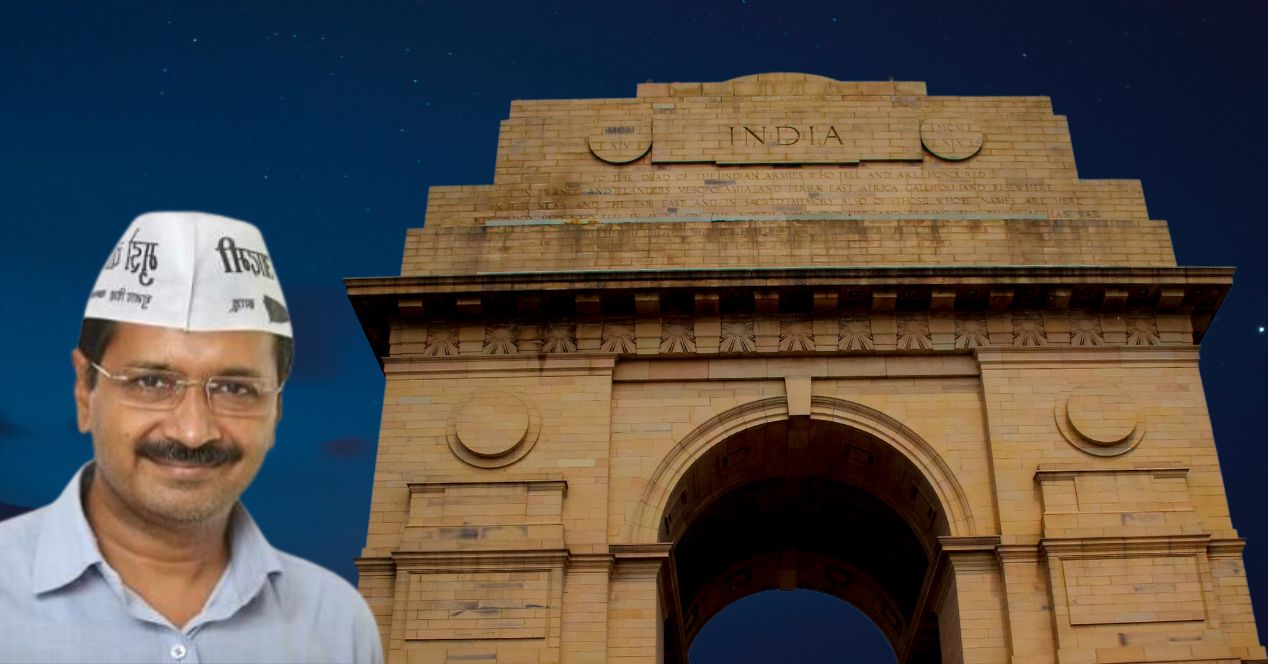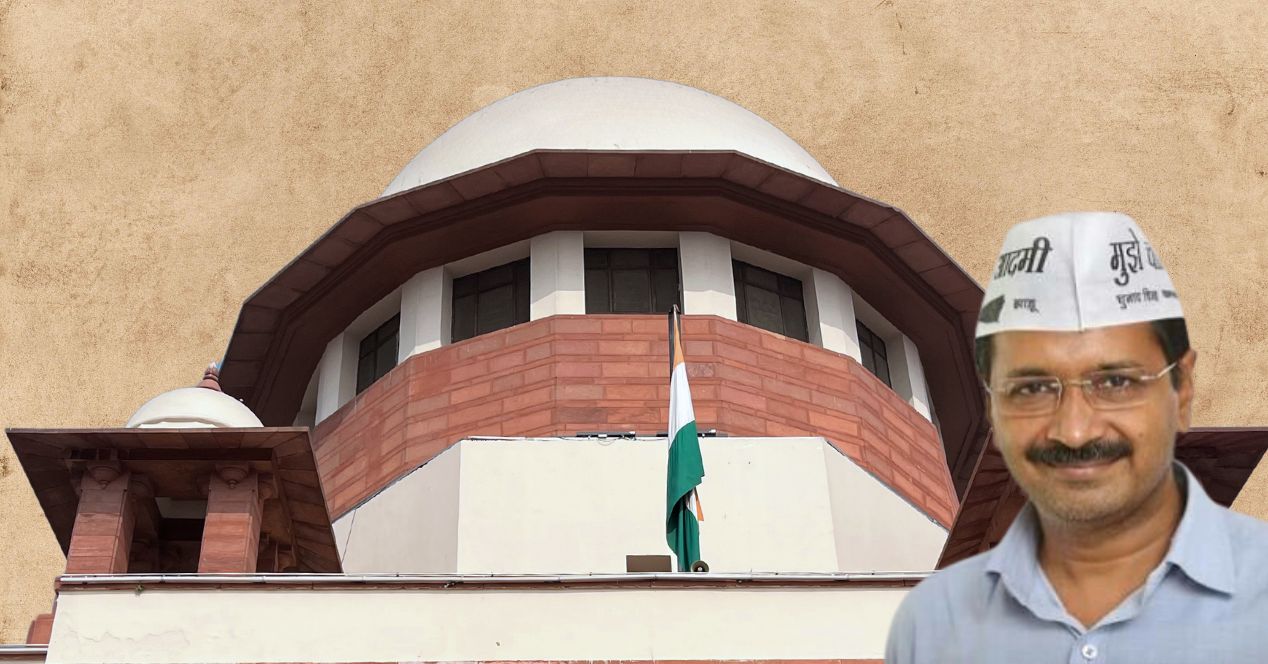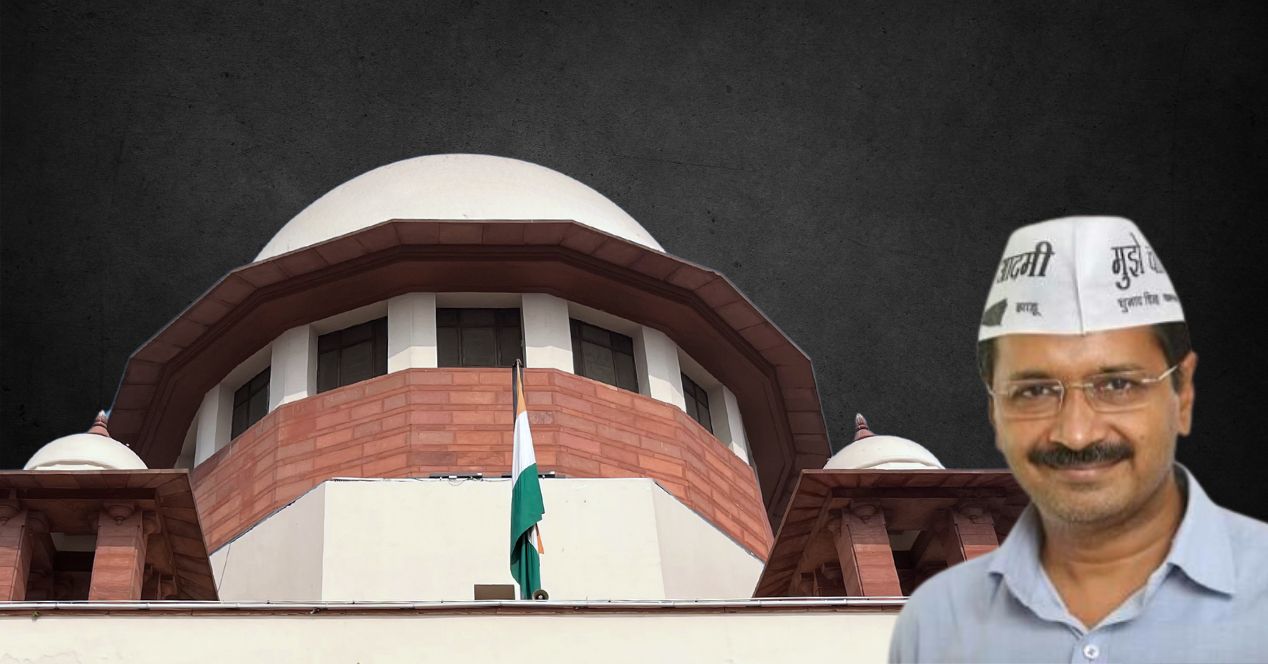Analysis
Granting Kejriwal interim bail sends the message that the law treats politicians differently, ED argues
The Court observed that if interim bail is granted, Kejriwal should not perform official duties as Chief Minister

Today, a Division Bench of the Supreme Court comprising Justices Sanjiv Khanna and Dipankar Datta continued to hear Delhi Chief Minister Arvind Kejriwal’s plea against his arrest by the Enforcement Directorate (ED). Kejriwal was arrested on 22 March 2024 for his alleged involvement in the Delhi Liquor Policy Scam.
In the last hearing, the Bench had agreed to consider interim bail for the sitting Chief Minister on account of the upcoming polling day in Delhi on 25 May 2024. Today, Additional Solicitor General S.V. Raju and Solicitor General Tushar Mehta representing the ED argued against the grant of interim bail. Senior Advocate Abhishek Manu Singhvi appearing for Kejriwal, stated that interim bail was essential to ensure that Kejriwal had a level playing field in the upcoming elections.
Raju: No inconsistencies in witness statements
Previously, Singhvi had argued that there were inconsistencies in the witness statements that the ED had relied on to arrest Kejriwal. Today, Raju took the Bench through a series of witness statements in the case, asserting that no such inconsistency was evident.
Singhvi had also argued that none of the initial statements made by the co-accused had mentioned Kejriwal. Today, Raju clarified that because initial statements of co-accused did not mention Kejriwal, the ED had not made any arrests. Now, as the case developed, new facts emerged, giving reasons for the ED to implicate the Delhi CM.
The Bench remarked that the ED had taken an unreasonably long time for the investigation. “It is not good for any investigation agency to say we need two years to investigate,” Justice Khanna said. He also noted that the onus was on the ED to justify Kejriwal’s arrest.
Bench: Section 19 of the PMLA sets a high threshold for arrest
The Bench reminded the counsel that the limited question before them concerned the extent of Section 19 of the Prevention of Money Laundering Act, 2002 (PMLA).
The provision empowers the Director, Deputy Director, Assistant Director or any other officer authorised in this regard to arrest a person if there is reason to believe that they are guilty. The assumption must be “on the basis of material in his possession”, and the reason to believe so must be recorded in writing.
Previously, Sighvi had argued that Kejriwal’s arrest did not meet the criteria for arrest under this provision.
Justice Khanna observed that the “reason to believe” and the “ground for arrest” had to be the same. The reasons to believe that a person has committed the offence must be far more “elaborate” than the grounds for arrest. He also pointed out that while in other cases of bail, the onus was on the accused to prove innocence, under Section 19, the onus was on the investigating agency to prove guilt. He reminded the counsel that the provision set a very high threshold for arrest.
Justice Datta added that arrest under Section 19 was an executive act. Therefore, the investigating officer had to consider all the material for and against the accused before breaching their fundamental right to move freely under Article 19 of the Constitution. Raju responded that while the Officer had the power to consider all facts, the “reason to arrest” under the provision need not include everything.
Mehta: Granting interim bail will set the wrong example
As promised, today the Bench contemplated the possibility of granting interim bail to Kejriwal in light of the upcoming elections in Delhi on the Sunday, 25 May 2024.
At the outset, the Bench noted that the grant of interim bail was based on extraordinary circumstances on a case-to-case basis. In this case, that circumstance was the upcoming election. Justice Khanna also remarked that elections, unlike annual “harvests”, come only once in five years. He also pointed out that the consideration of interim bail could be denied only if the accused was a habitual offender or posed a threat of some kind.
Mehta informed the Bench that Kejriwal had missed responding to nine summons issued over six months. He also asserted that the evidence in the case categorically showed Kejriwal’s involvement in the Liquor scam.
Singhvi on his part contended that Kejriwal was not a hardened criminal or a habitual offender and had to be granted interim bail in light of the polls.
He then argued that democracy was a key feature of the Basic Structure Doctrine, free and fair elections were essential to protect this democracy and elections cannot be held freely or fairly if each candidate did not have a level playing field. He insisted that refusing to grant interim bail to Kejriwal would be to start him off on an uneven playing field, triggering the first of the dominos that would ultimately topple over the basic structure of our Constitution.
Mehta strongly rejected this chain of logic, arguing that the arrest of a criminal politician could not be equated to the breach of the Basic Structure Doctrine. He pointed out that families of many prisoners languished without a proper means for food—a fundamental right to life. Here, the only thing at stake was Kejriwal’s right to campaign for elections, which was not an absolute right to begin with. Mehta asserted that granting interim bail would set the wrong example and create an unreasonable classification between politicians and non-politicians.
“Mr. Mehta let me make something very clear. We are not implying that there is a difference between a politician and non-politician. There are extraordinary circumstances in which a person can have interim bail. We are only examining if those circumstances were met here, in view of the upcoming elections,” Justice Khanna assured.
Bench: Kejriwal cannot perform official duties as CM if interim bail is granted
Justice Khanna, while contemplating the possibility of granting bail, stated that if granted, Kejriwal could not perform his official duties as Chief Minister of Delhi as the case was still pending in Court. “It can have cascading effects…We make it clear, we don’t want you to be performing official duties if we release you,” he said.
Singhvi responded that Kejriwal would not sign any official document if released. He requested the Court not to put it in an official order, and agreed to make a statement declaring that he will not sign any files. However, Singhvi stated that this should also entail that the Lieutenant Governor of Delhi must not stop any developmental activities in the National Capital Region on the grounds that the file requires the CM’s signature.
The Bench rose at 2:30 pm today and stated that they would hear the case either day after tomorrow (9 May 2024) or sometime next week. Next week is the last working week before the Court’s summer vacation. Therefore, the Court is scheduled to hear only fresh matters. The Bench expressed their desire to reach a decision on the question of interim bail before the summer vacation commenced.
As the case remains pending in the Supreme Court, a Special Bench of the Delhi High Court extended Kejriwal’s judicial custody till 20 May 2024.




